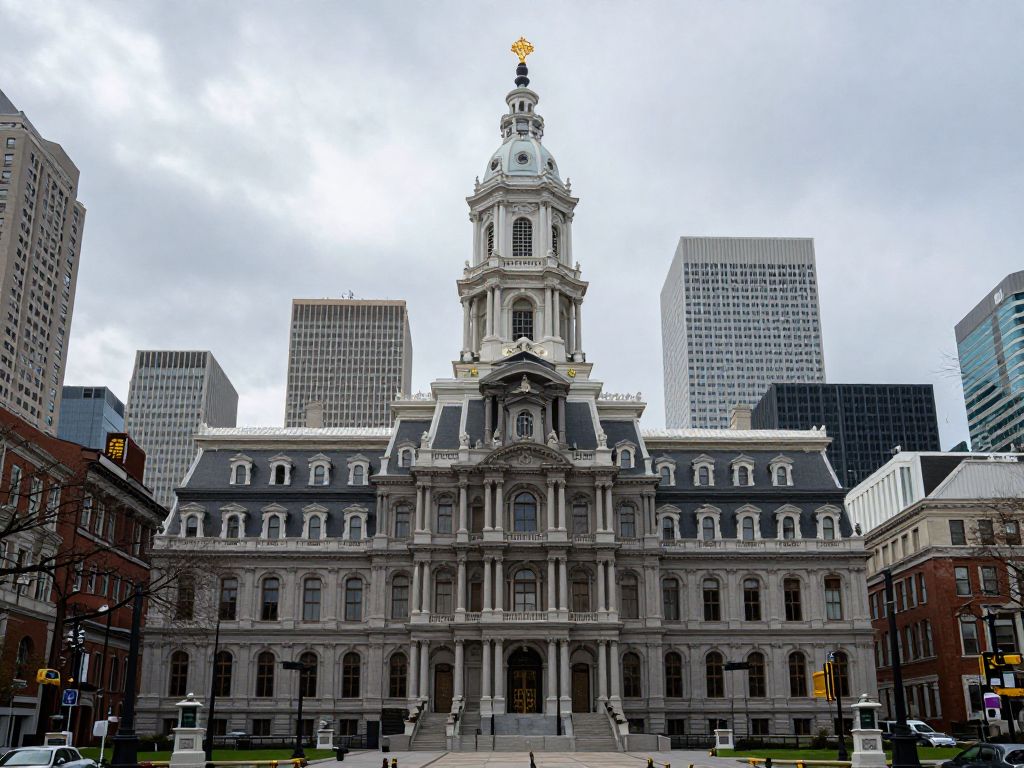News Summary
Boston, Massachusetts is facing a significant $94 million funding gap for K-12 schools, primarily due to delays in federal education funding from the Trump administration. The shortage threatens crucial educational programs such as after-school and summer school initiatives. Local lawmakers are discussing necessary reforms to the funding system, as current formulas leave many districts struggling. Governor Maura Healey and education advocates express concern over the impact on students and schools, emphasizing the need for immediate action to address financial disparities and the implications of federal funding cuts.
Boston, Massachusetts is currently grappling with a staggering $94 million funding gap for K-12 schools, largely due to delays in federal education funding initiated by the Trump administration. This financial shortfall threatens critical educational programs and resources, including summer school, after-school programs, and English-language instruction.
The Department of Education’s decision to postpone the release of federal funds has resulted in approximately $20.6 million in funding earmarked for after-school and summer instruction programs specific to Massachusetts being temporarily unavailable. Nationally, an estimated $6.2 billion in K-12 funding across five programs is also in jeopardy, leaving education leaders alarmed about the implications for students and schools.
Organizations such as the Boys and Girls Clubs of America have raised concerns over the blockade of 21st Century Community Learning Center funds, predicting “swift and devastating” outcomes for children reliant on these programs. The Afterschool Alliance executive director has decried the withholding of funds as a “stunning betrayal,” particularly since states had already allocated funding resources based on prior commitments.
In response to this funding crisis, Massachusetts lawmakers are beginning discussions to revamp the K-12 education funding system and adjust municipal contribution formulas. Education Secretary Patrick Tutwiler has stated the administration will not spearhead this necessary reform, leading to apprehensions about the future of equitable funding.
State Senator Jo Comerford emphasized the urgency for a new Foundation Budget Review Commission to rectify funding disparities among districts in Massachusetts. Rural and small to mid-sized towns report feeling disenfranchised under the current Chapter 70 funding formula, which creates complexities that necessitate a more customized funding approach.
The Chair of the Joint Committee on Education has introduced a bill for a special commission tasked with reevaluating the funding formula. Education advocates are voicing concerns regarding inflation and diminishing state funding, which exacerbate the challenges faced by school districts. Some towns, in a desperate bid to maintain staffing and services amid funding deficits, even sought property tax increases in the prior year.
Critics contend that the existing Chapter 70 formula favors a limited number of districts, leaving many schools underfunded and struggling to meet their financial obligations. The formula mandates a municipal contribution of 59% but varies significantly, with some towns being compelled to contribute as much as 82.5%. Costs associated with special education and transportation have swelled, with reports indicating a 37% increase in special education costs over four years.
Governor Maura Healey condemned the Trump administration’s abrupt decision to cut $106 million in federal education funding for Massachusetts K-12 schools, labeling it as “illegal.” This funding was earmarked for essential services such as mental health support, tutoring, building upgrades, and programs designed to address learning loss resulting from the pandemic.
Massachusetts schools are still working to recover from the pandemic’s effects, making this funding cut particularly concerning for ongoing projects and programs. The abrupt changes in funding timelines implemented by the Trump administration are seen as jeopardizing critical mental health care and educational resources for the state’s students.
Secretary of Education Dr. Patrick Tutwiler underscored the detrimental effects this funding cut will have on students and their educational well-being. The decision affects not only Massachusetts but also has a nationwide impact, cutting off over $2 billion across 41 states.
With discussions already underway regarding educational funding reform, Massachusetts is at a critical juncture that could shape the future landscape of K-12 education funding and support for its schools.
Deeper Dive: News & Info About This Topic
HERE Resources
Shift in Educational Preferences with Rise of Private Schools in Massachusetts
Boston Weekend Events: Food, Music, and Community Fun
Massachusetts Rally Advocates for Justice and Equality
Josh Kraft Proposes Comprehensive Reentry Plan for Returning Citizens
Boston Councilor Proposes Regional Funding for Mental Health and Substance Abuse
Massachusetts Legislation on Physician-Assisted Suicide Advances
Boston Launches AI Traffic Signal System for School Buses
Economic Challenges for Harvard Square Businesses Amid Immigration Policy Changes
Surge in Campaign Spending Affects Boston Mayoral Race
Boston Faces Economic Challenges, Analyzed in New Book
Additional Resources
- NBC Boston
- Wikipedia: Education in the United States
- WCVB
- Google Search: Massachusetts education funding
- Boston 25 News
- Google Scholar: Massachusetts education funding reform
- MassLive
- Encyclopedia Britannica: Public Education
- CBS News
- Google News: Massachusetts K-12 funding
Author: STAFF HERE BOSTON WRITER
The BOSTON STAFF WRITER represents the experienced team at HEREBoston.com, your go-to source for actionable local news and information in Boston, Suffolk County, and beyond. Specializing in "news you can use," we cover essential topics like product reviews for personal and business needs, local business directories, politics, real estate trends, neighborhood insights, and state news affecting the area—with deep expertise drawn from years of dedicated reporting and strong community input, including local press releases and business updates. We deliver top reporting on high-value events such as Boston Marathon, Head of the Charles Regatta, and Boston Harborfest. Our coverage extends to key organizations like the Greater Boston Chamber of Commerce and Associated Industries of Massachusetts, plus leading businesses in finance, biotech, and insurance that power the local economy such as Fidelity Investments, Biogen, and Liberty Mutual Insurance. As part of the broader HERE network, we provide comprehensive, credible insights into Massachusetts's dynamic landscape.





